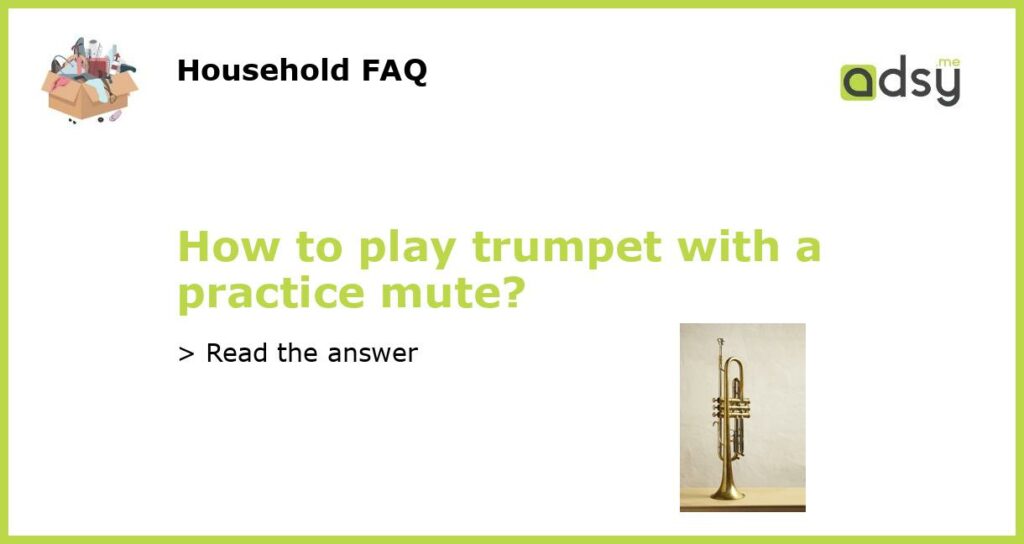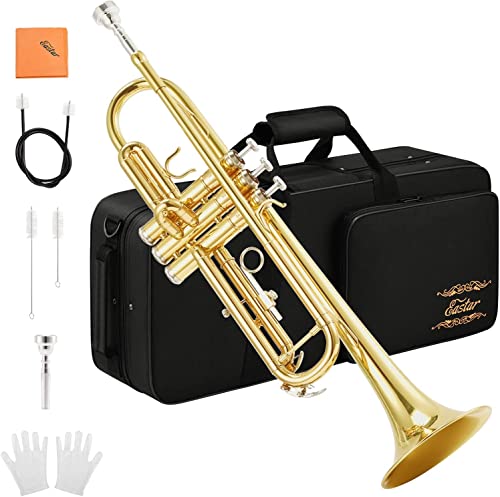What is a practice mute and why do trumpet players use it?
A practice mute is a device that fits inside the trumpet’s bell and reduces the volume of the instrument. It is commonly used by trumpet players who want to practice without disturbing others, such as roommates or neighbors. It can also be useful for players who want to work on their sound and technique without the distraction of a loud instrument.
Choosing the right practice mute for your trumpet
There are many different types of practice mutes available, each with its own unique characteristics. Some mutes are made of metal, while others are made of rubber or plastic. Some mutes have a removable stem, while others are fixed in place. It’s important to choose a mute that is compatible with your trumpet and suits your playing style.
Adjusting your playing technique with a practice mute
Playing with a practice mute can be challenging, as it requires greater control and precision. The smaller volume of the instrument can also affect the player’s perception of pitch and tone. To compensate for these differences, it’s important to pay close attention to your playing technique and make adjustments as necessary.
Practicing with a practice mute: Tips and tricks
Practicing with a practice mute can be an effective way to work on your trumpet playing, but it’s important to approach it with the right mindset. Start by warming up your chops with a few simple exercises, then move on to more challenging material. Focus on your tone, articulation, and dynamics, and don’t be afraid to experiment with different playing styles and techniques.
You can also use the practice mute to work on specific problem areas, such as high notes or fast passages. Set specific goals for each practice session and track your progress over time.
When to use a practice mute and when to play at full volume
While the practice mute can be a valuable tool for trumpet players, it’s important not to rely on it exclusively. Playing at full volume is essential for developing your sound and projection, and it can also be more satisfying and enjoyable. Use the practice mute when necessary, but always strive to play at full volume whenever possible.






